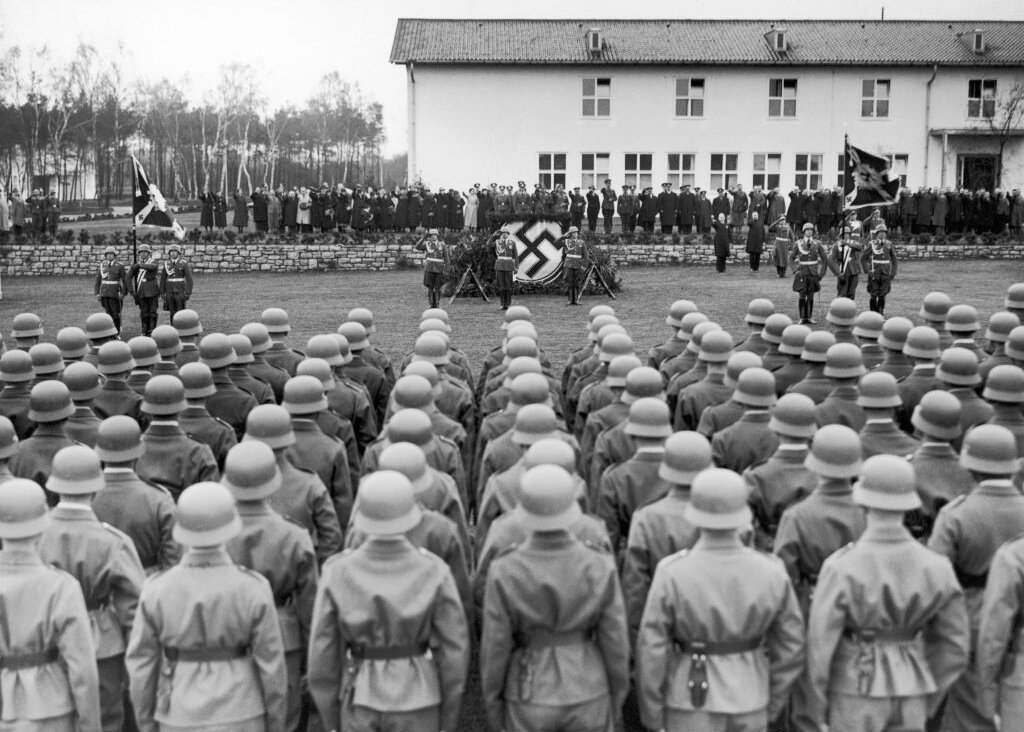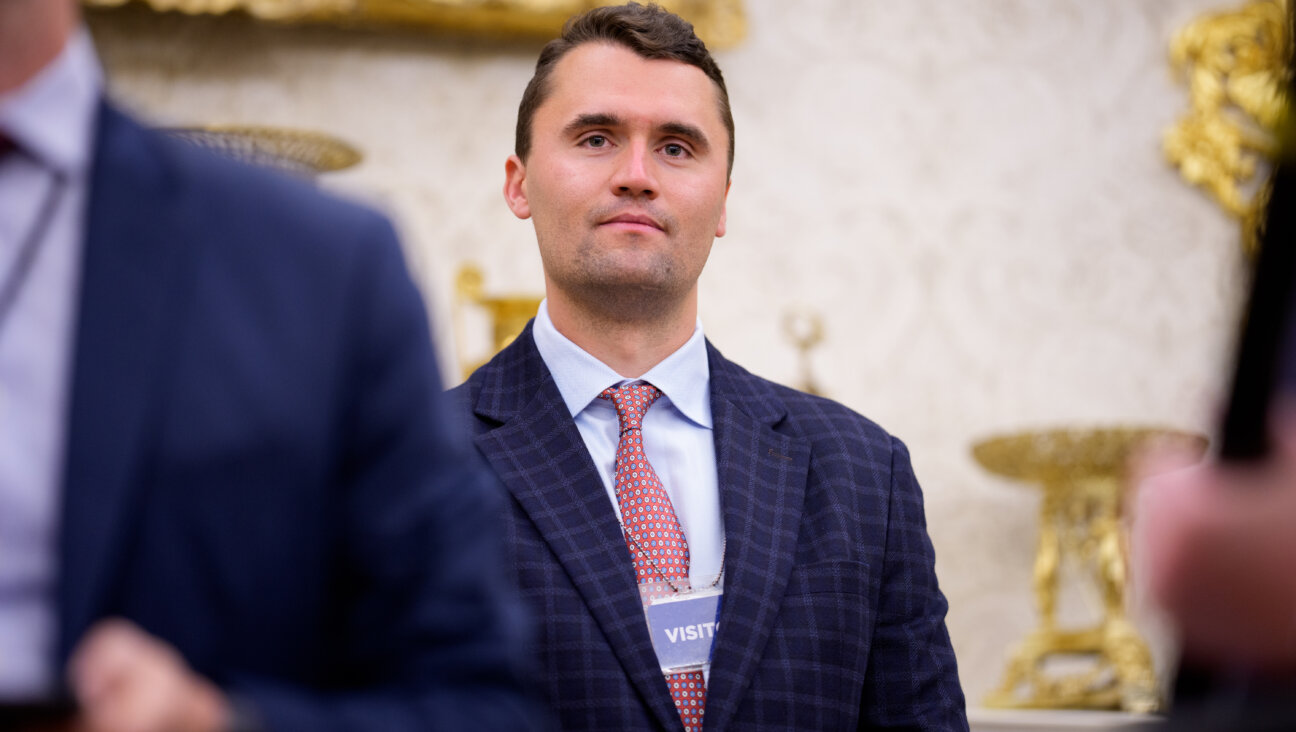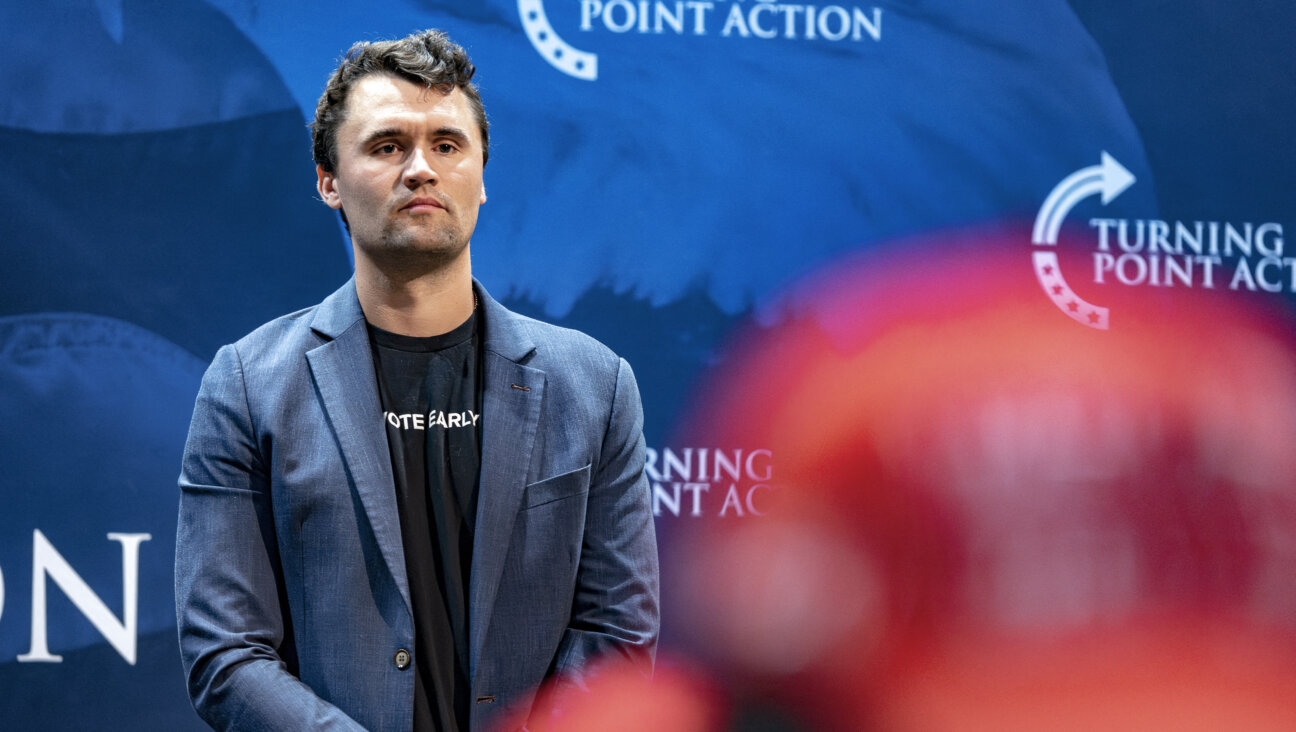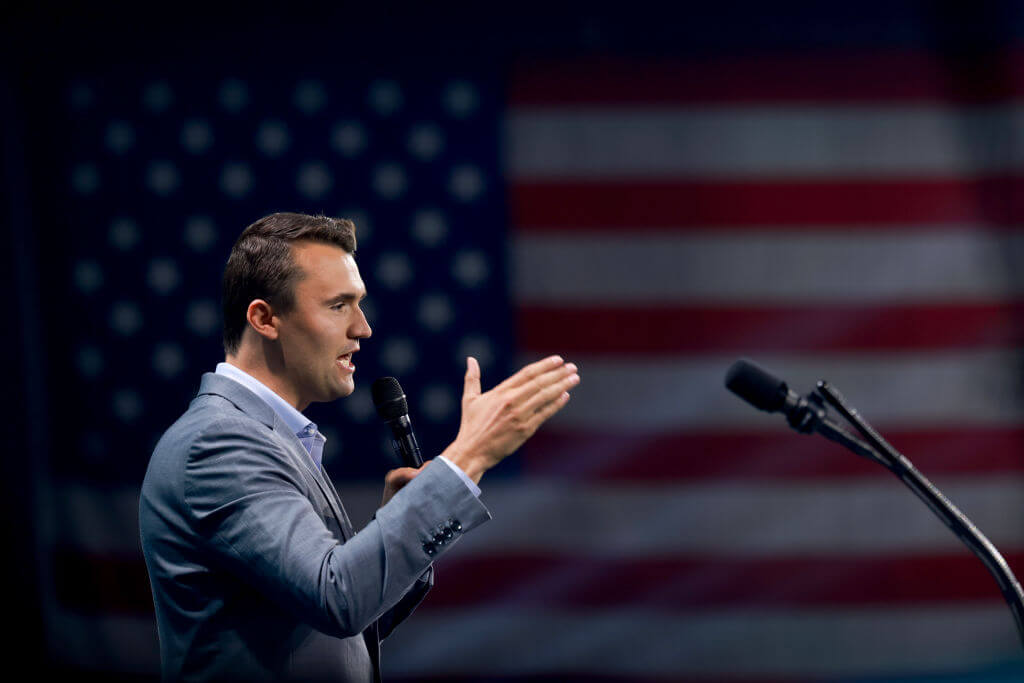Fenigstein Beats the Drum for the Israel Film Festival
Israel is coming to a theater near you — courtesy of Meir Fenigstein.
“Bali, Mali, it doesn’t matter where,” said the 52-year-old founder and executive director of the Israel Film Festival. “I’ll take it to Mahu, [India].”
So far, Fenigstein is making annual stops in Los Angeles, Chicago, Miami and New York, where the 19th annual festival is screening through July 3. With nearly three dozen feature films, documentaries, made-for-television movies and student shorts, Fenigstein’s brainchild has become the leading international showcase for Israel on the big screen.
“Israel is in the news so much,” Fenigstein told the Forward last week in a midtown Manhattan movie theater. “Everyone wants to get a little sense of what’s going on there. The festival is the best way.”
The first full day of screenings was underway when he sat down on metal folding chairs with the Forward in the lobby of Clearview’s 59th Street East, a movie theater that usually shows Hollywood fare. As an audience took in the television drama “Slaves of the Lord,” the story of a girl who becomes obsessed with Judaism’s laws of ritual purity, Fenigstein looked back on the festival’s humble beginning more than 20 years ago.
While studying at the Berklee College of Music in Boston, the Tel Aviv native recalled, he was asked by a friend to bring back a couple of Israeli films when he went home on vacation, to screen for the local community. When he visited Israel later that year, Fenigstein approached a distributor for copies of the movies.
“‘Are you going to put together a festival?’ the distributor asked me. ‘No,’ I said, ‘I’m just going to bring two films that somebody’s interested in.’ ‘Oh no,’ he said, ‘you should do a festival.’ He suggested bringing a few more films. I said, ‘That’s not a bad idea.’”
The idea turned into the First Israeli Film Festival in New England, which showed six films over four days in 1981. Two years later, Fenigstein established the IsraFest Foundation, grounding the festival in an institutional framework and taking it to New York City and Los Angeles.
Fenigstein was no stranger to the movies when he launched the festival; he appeared on the big screen himself in two well-received acting roles in Israeli films in 1976 and 1977. Most Israelis, however, know him best as a musician.
As part of the 1970s band Kaveret — Israel’s answer to the Beatles — the drummer-vocalist found fame as “Poogy,” the alter ego he adopted in the group. As Poogy, Fenigstein imparted folkloric parables in between the band’s often-irreverent rock songs. In the three years Kaveret stayed together, the group cut three records: “Poogy Tales,” “Poogy in a Pita” and “Crowded in the Ear.” In 1974, Kaveret represented Israel in the Eurovision Song Contest, then the premier showcase for non-American Western music.
Fenigstein served as artistic director for Kaveret, which also included Danny Sanderson, Gidi Gov, Alon Oleartchik and Efraim Shamir. The bandmates, who originally met in 1970 while serving in Lahakat Hanachal, an entertainment troupe in the Israeli army, split up in 1976, leaving a stage presence that by most accounts has seen no rival since. The band’s first reunion concert in 1984 — an outdoor show in Tel Aviv — drew a crowd estimated at up to 500,000, at the time more than 10% of Israel’s total population; subsequent gigs in 1991 and 1998 also drew huge crowds.
“Almost 30 years have passed, and we haven’t had another Kaveret,” Fenigstein offered matter-of-factly, when asked to explain the band’s enduring appeal. “It could happen tomorrow, it could take another 30 years.”
Fenigstein keeps a set of drums in his office, though Kaveret fans may be disheartened to know that he plays only to relieve frustration. He continues to beat the drum, though, for the Israel Film Festival. His goal for next year’s 20th anniversary tour, he said, “is to make it the most prestigious and successful foreign film festival in America.”
“I want to show audiences the real Israel,” he told the Forward. “Film is such an easy way to bring culture to another country.”
Judging by the festival’s slick promotional catalog, which numbers nearly 200 pages, the exchange of culture has been a two-way street for Fenigstein. His strong emphasis on American business practices has lent an increasingly professional polish to the Israel Film Festival, though he is the first to admit that it has never been a money-making venture.
America’s influence on Fenigstein extends beyond his sharpened business acumen. Though he spends several months a year in Israel, Fenigstein now calls Los Angeles home. And his 23-year-old daughter, Rachel, recently graduated Phi Beta Kappa from Harvard University and is set to matriculate at an Ivy League medical school this fall.
Fenigstein has even picked up his adopted country’s innate sense of optimism. The American dream, to hear him tell it, is alive and well; its spirit is what has driven him to build the film festival from a small-scale experiment into the high-profile showcase it is today.
“If you believe in something, and you believe it’s right to do, and you have the right connections, it’s going to happen,” Fenigstein said. “You have to believe that even if it’s not going to happen this year, next year, in two years, in 10 years, it’s going to happen.”














